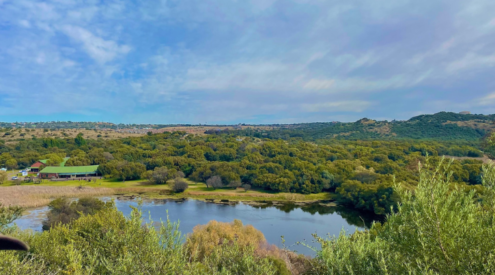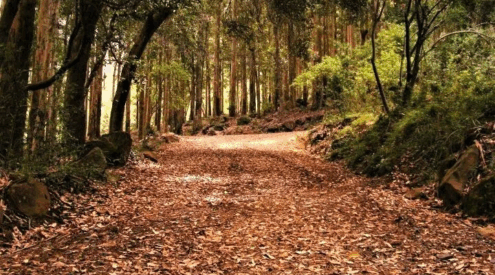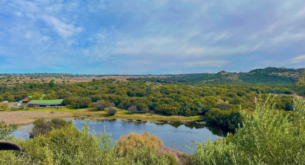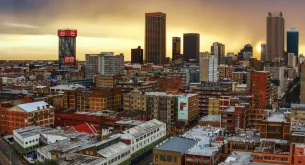Artificial Intelligence (AI) is revolutionising the tourism industry worldwide, and South Africa is no exception. While the impact of AI is more pronounced in other parts of the world, its influence in South Africa is steadily growing. Getaway had the pleasure of speaking with Rajan Datar, presenter of BBC News programme The Travel Show, to explore how AI is shaping the tourism landscape in South Africa.
Written by Kenneth Wiid.
ALSO READ: The Fehmarnbelt tunnel is a game-changer for Scandinavian travel
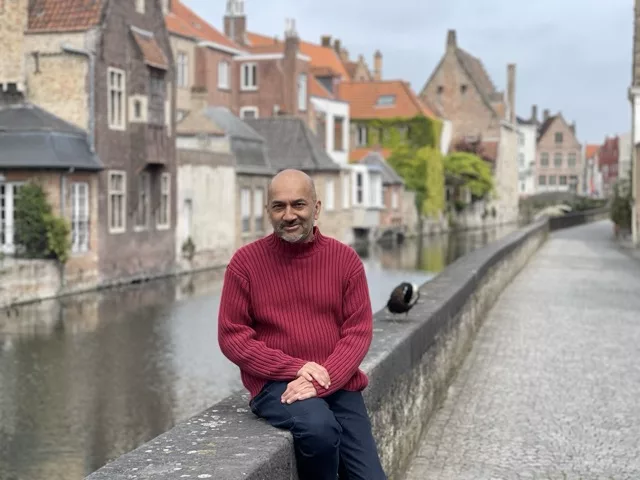
Rajan Datar in Bosnia, Image: Supplied
Current roles of AI in South African tourism
1. Personalised travel planning
AI algorithms analyse user preferences and behaviours to offer tailored travel recommendations. This helps tourists plan their trips more efficiently and enjoy personalised experiences.
2. Customer service automation
AI-powered chatbots and virtual assistants provide instant support to travellers, handling inquiries and bookings seamlessly. This enhances customer satisfaction and reduces operational costs for businesses.
3. Operational efficiency
AI is used for workforce management, revenue optimisation, and predictive maintenance. For example, AI can predict peak travel times and help manage resources accordingly.
4. Enhanced tourist experiences
AI technologies like augmented reality (AR) and virtual reality (VR) create immersive experiences. Tourists can explore attractions virtually before visiting them in person.
The future of AI in South African tourism
Rajan Datar emphasises that while AI is already playing a significant role in the tourism industry, its future potential, especially in South Africa, is even more exciting.
1. Smart tourism
The integration of AI with other technologies, like the Internet of Things (IoT) and blockchain, can lead to the development of smart tourism ecosystems. This includes smart hotels, intelligent transportation systems, and personalised marketing strategies.
2. Data-driven insights
AI can analyse large datasets to predict tourist behaviour and preferences, helping businesses tailor their services more effectively. This can lead to more targeted marketing campaigns and improved customer experiences.
3. Sustainability and competitiveness
AI can help the tourism sector in South Africa become more sustainable and competitive by optimising resource use and reducing waste. This includes energy management in hotels and efficient transportation systems.
4. Job creation and skill development
While there are concerns about job displacement, AI also has the potential to create new job opportunities. The focus will be on reskilling and upskilling the workforce to handle AI-driven tools and processes.
Challenges and Considerations
Data privacy
Ensuring the privacy and security of tourist data is crucial. AI systems must comply with data protection regulations to build trust among users.
Ethical concerns
The use of AI in tourism must be balanced with ethical considerations, such as avoiding biases in AI algorithms and ensuring fair treatment of all stakeholders.
AI’s role in South Africa’s tourism industry is set to grow, offering numerous opportunities for innovation and improvement. By addressing the challenges and leveraging AI’s potential, South Africa can enhance its tourism sector and provide exceptional experiences for travellers.
Rajan Datar presents ‘The Travel Show’ which airs every week on the BBC News Channel, bringing intelligent and engaging travel journalism to global audiences. Content from the show also runs on BBC.com and the BBC app.
Follow us on social media for more travel news, inspiration, and guides. You can also tag us to be featured.
TikTok | Instagram | Facebook | Twitter
ALSO READ: Why Dubai is the 4th most booked destination for South Africans


